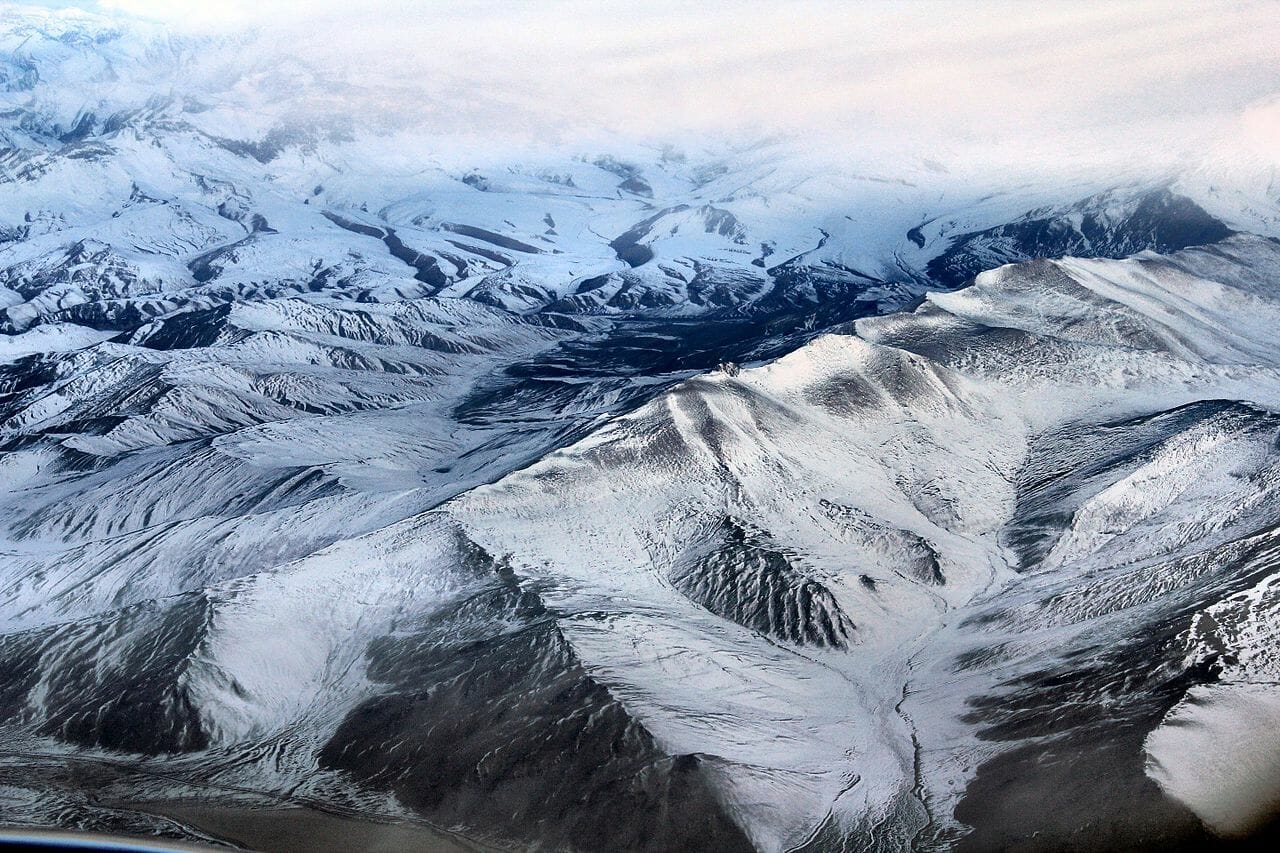Universitetsavisen
Nørregade 10
1165 København K
Tlf: 21 17 95 65 (man-fre kl. 9-15)
E-mail: uni-avis@adm.ku.dk
Foredrag
Foredrag — Intellectually, it considers the manifold sources available in Beijing about historical and contemporary India, and the ways officials and scholars attempted to make sense of them. Against this background it traces the emerging Qing recognition of British India as a near and formidable power, concluding with a reflection on the legacy bequeathed to the present by the meeting of Qing and British imperialism in the nineteenth century.
Date & Time:
Place:
Nordic Institute for Asian Studies (meeting room), CSS 18.1 (Entrance E), Øster Farimagsgade 5, Copenhagen.
Hosted by:
India-China Conjunctures and Nordic Institute of Asian Studies
Cost:
Free
Event: Public Lecture Series
Speaker: Matthew W. Mosca, Associate Professor, University of Washington
Abstract: For much of history, China and India were connected chiefly through religious and economic ties. Today, their relationship is one between powerful states sharing a long border, in which military and diplomatic relations are particularly salient. The period of the Qing Empire (1644-1912) marks a transitional stage in this relationship, as Manchu emperors pushed their sphere of control to the Himalayas and Pamirs, while British imperial officials solidified their grasp on the southern edge of these ranges. This talk explores the evolving India-China relationship in the Qing period from the perspective of rulers in Beijing. Geopolitically, it explains why the initial expansion of the Qing frontier toward India had little to do with concern about the subcontinent, but was rather driven by rivalries with Inner and Central Asian powers. Intellectually, it considers the manifold sources available in Beijing about historical and contemporary India, and the ways officials and scholars attempted to make sense of them. Against this background it traces the emerging Qing recognition of British India as a near and formidable power, concluding with a reflection on the legacy bequeathed to the present by the meeting of Qing and British imperialism in the nineteenth century.
Biography: Matthew W. Mosca is associate professor of History and International Studies at the University of Washington, Seattle. His research concentrates on the political and intellectual history of the Qing Empire in a Eurasian context. After receiving his PhD in History and East Asian Languages from Harvard University, he has held fellowships at the University of California, Berkeley, the University of Hong Kong, and a Mellon Fellowship at the Institute for Advanced Study. His book, From Frontier Policy to Foreign Policy: The Question of India and the Transformation of Geopolitics in Qing China appeared with Stanford University Press in 2013 (Chinese translation 2019).
The event is open to the public but requires registration.
